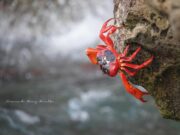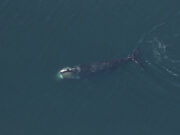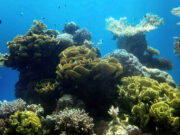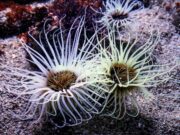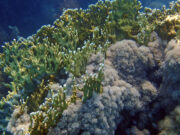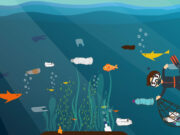SCUBA News
Awesome to see underwater, the Manta Ray is an enormous fish spanning. They live in warm waters around the world, gracefully flying through the water with steady sweeps of their giant wings.
Photo:...
Liveaboard safaris open up a whole new world of diving, allowing you to reach remote destinations far from land, with uncrowded dive sites and incredible marine life. It is one of the best ways to go diving...
The Avelo scuba set is significantly lighter than standard scuba systems, yet gives more bottom time! This new cylinder offers immediately perfect neutral buoyancy independent of depth changes. Avelo aim to redefine the way we dive by providing the freedom...
Plunge into a night of ocean adventure! The Ocean Film Festival World Tour is bringing a new collection of captivating ocean-themed films to venues around the UK this autumn.
Featuring cold-water swimming, a storm-chasing...
Underwater photography captures unique marine life and breathtaking environments, offering a mesmerising perspective that unveils the underwater world's hidden beauty, especially to those that don't dive
Becky Kagan Schott
HEPCA, the Hurghada Environment Protection & Conservation Association, has launched the first underwater museum in Hurghada with the support of the Egyptian Ministry of Environment and Red Sea Governorate.
"After years of careful...
The Maritime and Coastguard Agency (MCA) is asking UK divers to help identify pollution seeping from historic wrecks, BSAC announced today.
The MCA occasionally receives reports of oil pollution associated with shipwrecks, although this...
Scuba Schools International (SSI) and Mares have partnered up with the female-led diving team Edges of Earth Expedition. Together, they are amplifying ocean action and highlighting progress in marine conservation worldwide.
Edges...
Croatia boasts an impressive range of wrecks for every experience level. Dive in and you can embark on a journey through maritime history and surface to the beautiful landscapes Croatia is famous for. Read on for our pick of Croatia’s top wreck dives.
Nestled between Sicily and the North African Coast, and surrounded by crystal-clear Mediterranean waters, Malta is a scuba diver’s paradise. With over 100 dive sites to explore, divers are treated to a rich tapestry of shipwrecks, caves,...

